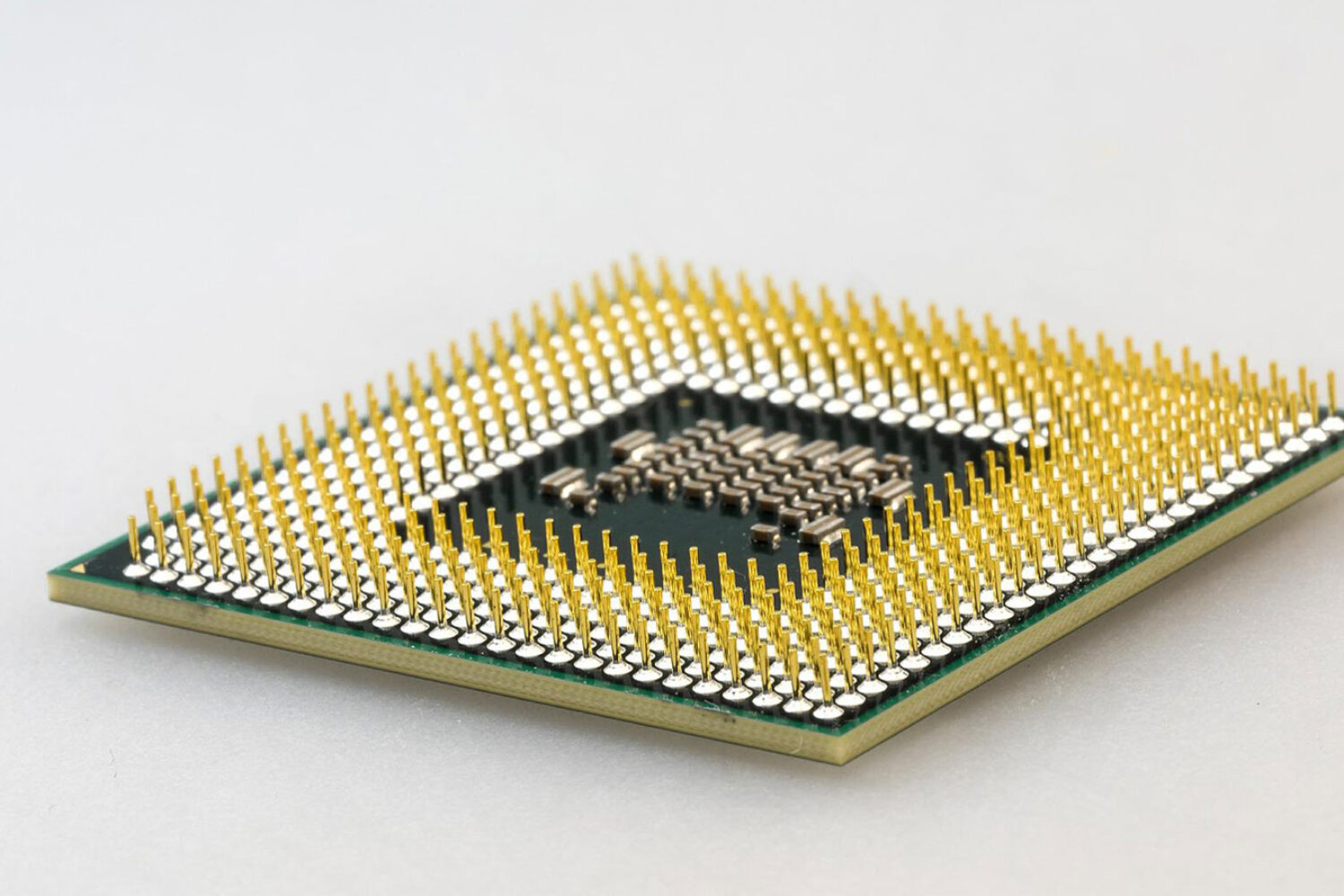A global chip shortage impacting a wide range of vertical markets such as automotive, cellular, computing, data infrastructure, and others could last through 2023. Computer chips are at the core of almost every digital and electronic product in use today. When supplies have run short, manufacturing halts. The reason for the chip shortage has its roots in a diverse range of events.
- The previous administration implemented trade restrictions on two-way trade
- A two-year global pandemic
- The shutdown of manufacturing facilities across APAC
- Increased use of personal, in-home technologies and IoT (Internet of Things)
- Global chip stockpiling
- The slowdown of supply chains and transportation of materials
- Limited availability of critical minerals such as lithium
Some manufacturing companies such as Intel, Texas Instruments, and TSMC, the Taiwan Semiconductor Manufacturing Company, are investing in building new factories in the US and Europe, but industry speculation is that a complete build-out to production could take three to five years. At the end of March 2022, President Biden issued a directive invoking the Defense Production Act in a move to start domestic production and mining of critical minerals needed in the development of chips and batteries.


